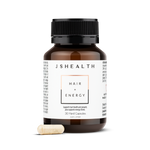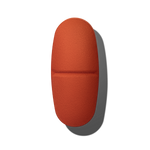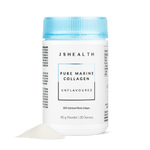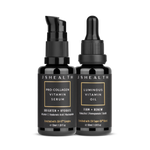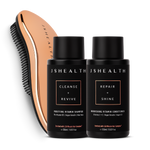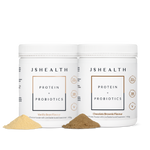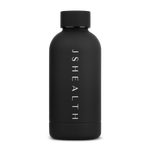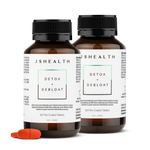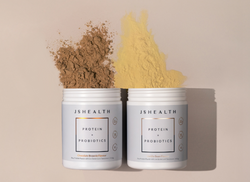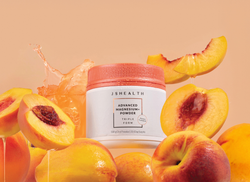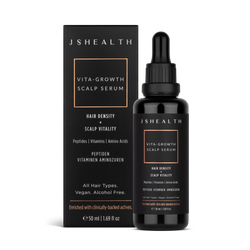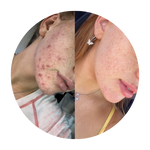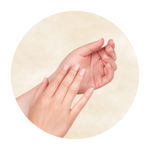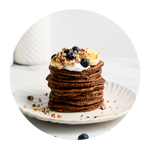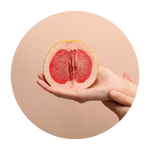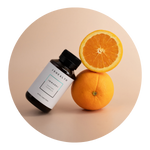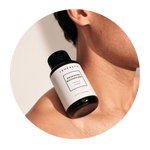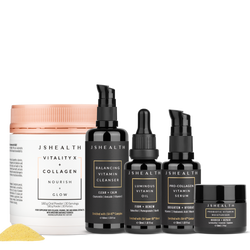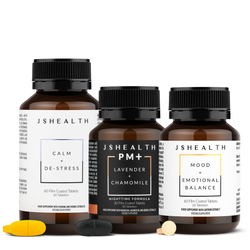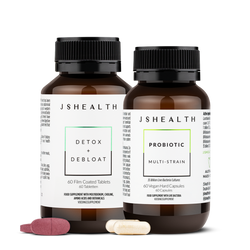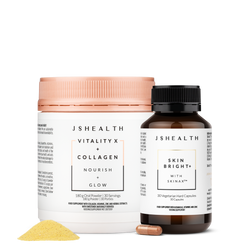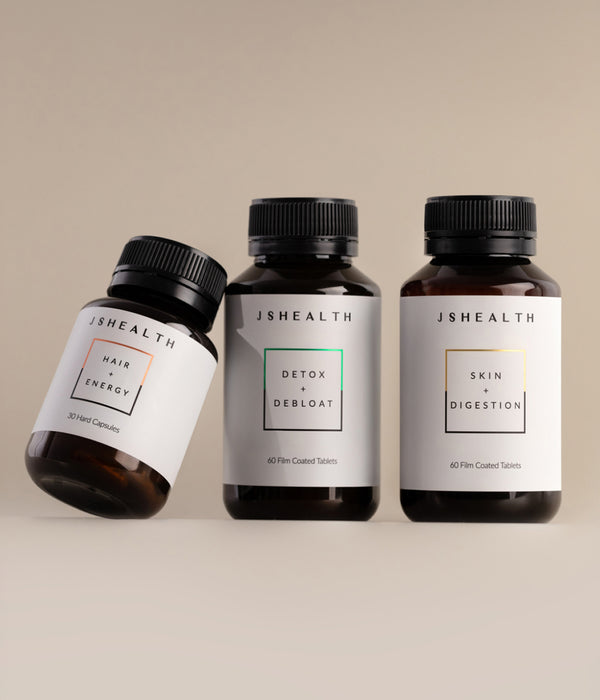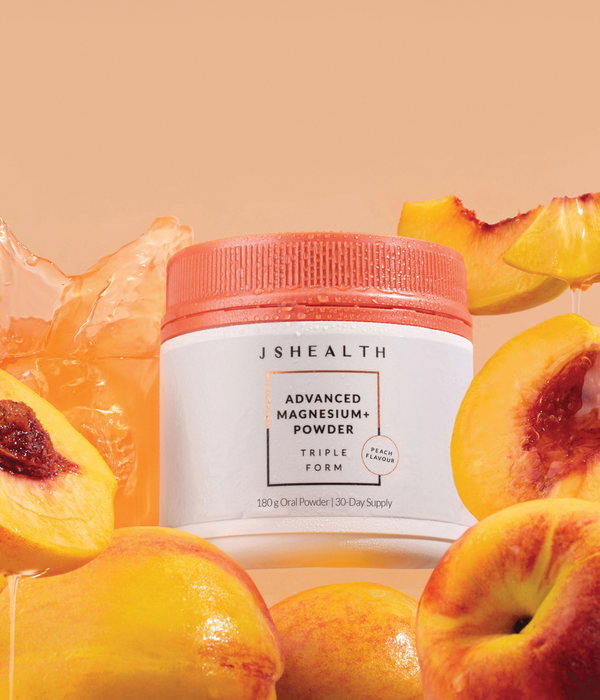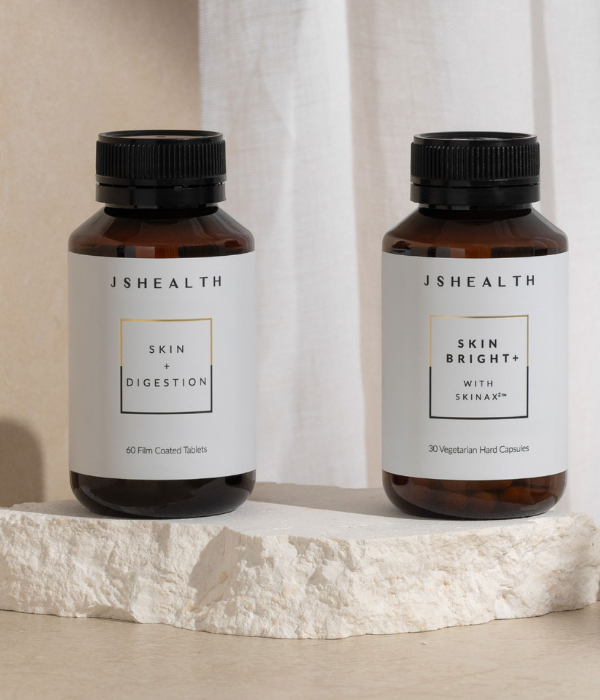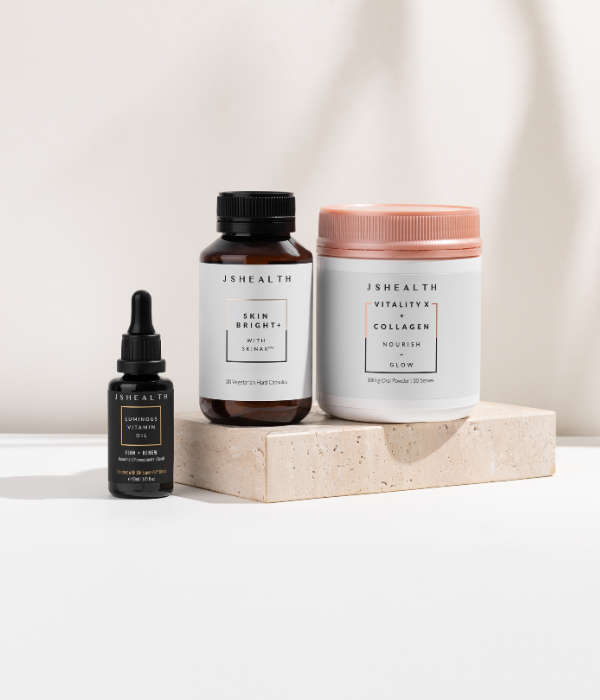Foods to Eat and Avoid During Menstruation
The menstrual cycle is a complex process involving the interaction of the hypothalamus and the anterior pituitary in the brain, along with the ovaries and uterus. Factors that can influence the regularity of the menstrual cycle include stress, medication, over exercising, malnutrition and obesity.
Premenstrual syndrome can cause physical and emotional symptoms such as mood swings, tender breasts, cravings, fatigue, irritability, moodiness and bloating during the period just before and during menstruation.
During menstruation, enjoy these nutrients:
Quality FatsQuality fats help nourish our hormones and protect our cells. They are also anti-inflammatory, so can help manage painful symptoms surrounding your period. Enjoy things like oily fish (salmon, mackerel, sardines, tuna), walnuts, chia seeds, flaxseeds, hemp seeds and extra virgin olive oil.
IronOne of the major causes of Iron-deficiency or anemia is blood loss. Foods high in Iron, in particular, should be incorporated into your general diet, especially when heavy blood loss is occurring each month. Include lean meats (organic and grass-fed when possible), chicken, fish and eggs, or more plant-based sources of Iron such as dried apricots, kidney beans, spinach, broccoli and cashew nuts.
MagnesiumDid you know that Magnesium levels are lowest during ovulation and highest during the luteal phase (occurs just before one menstruates) of your cycle? However, for those who experience PMS symptoms, Magnesium can be low during the luteal phase, suggesting that a deficiency in this mineral may be a key cause of PMS. Enjoy Magnesium-rich foods such as dark leafy greens (broccoli and spinach), nuts, seeds, beans, whole grains and avocado.
Consider limiting or reducing these:
AlcoholAlcohol may impact hormonal balance and reproductive system function, either by influencing the neurohormonal axis or changing the way your liver metabolises hormones. Excess alcohol consumption may lead to reduced ovary function as they are very sensitive to alcohol. It may also contribute to amenorrhea, anovulation, reduced libido and negatively impact mood.
CaffeineCaffeine, which can be found in coffee, tea, soft drinks, cocoa and chocolate, may alter hormone profiles which, in turn, can impact menstruation. Caffeine suppresses adenosine (the neurotransmitter in our brain that promotes sleep) and affects the nervous system by activating the stress axis. So the bottom line is, excess caffeine can in fact increase cortisol levels (your stress hormone), which can negatively affect your hormones and menstrual cycle. Aim to stick to 1 per day and enjoy alternatives such as dandelion chai tea and rooibos tea.
